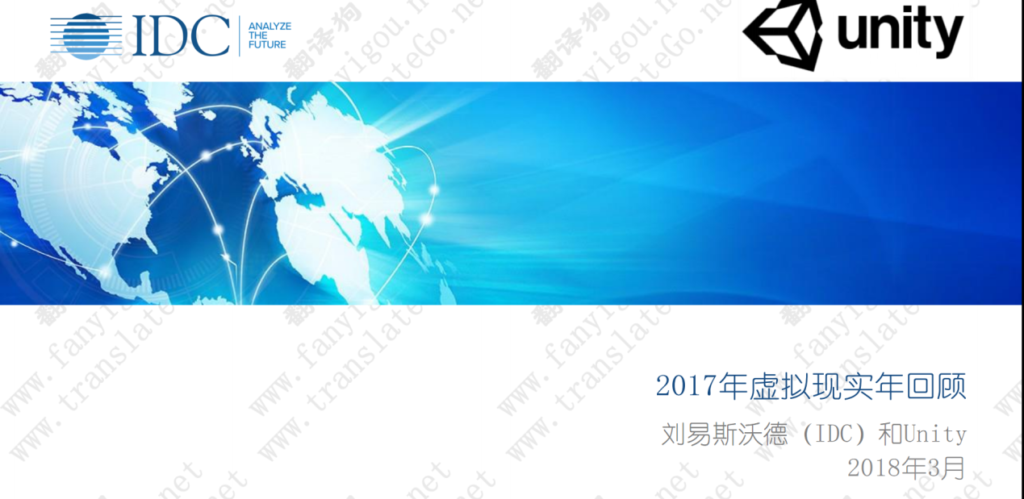As of March 2018, there are nearly 6000 virtual reality experience centers in China. According to the 2017 Global Virtual Reality Market Report released by IDC, global consumer VR usage reached 59.4 million hours in 2017. Sony’s PSVR topped the list with 25.7 million hours (43%), followed by Vive (including Steam and VivePort) with 14.8 million hours, and Facebook’s Oculus Rift platform with 7.5 million hours.
However, the IDC report did not specifically mention the Chinese VR market. In response to the IDC report, Yingwei Network published related articles and received feedback from numerous domestic VR companies. The feedback indicated that the IDC report was incomplete and severely neglected the Chinese VR market, particularly the offline experience sector. To verify the comprehensiveness of the IDC report and the overall situation and data of the domestic VR market, Yingwei Network interviewed several VR companies. Among them, Mr. Wang, CEO of Dream Maker Technology, explained the current situation of the domestic offline VR experience market. There are nearly 6000 VR experience centers in China, with 4000 of them using Dream Maker’s VR gaming platform. The average monthly usage of Dream Maker games is nearly 2 million times, and the total usage time for Dream Maker VR games in 2017 was 2.17 million hours. In high-end PC VR experiences, it ranks third globally, following Steam’s 14. 8 million hours and Facebook’s Oculus Rift platform’s 7.5 million hours. It is evident that the IDC report severely neglected China’s offline experience market. If estimated based on Dream Maker’s market share, China’s offline experience time in 2017 should be around 4 million hours, which should account for a significant proportion of global VR experiences. The number of people experiencing Dream Maker’s gaming platform throughout the year exceeds 20 million, with the number of players far exceeding global data. Of course, China’s offline VR market has unique characteristics, a wide audience, and extensive coverage, with most VR players still being relatively casual users. Additionally, Chinese VR games have emerged as a new force. Although they are far behind overseas in console and single-player games at this stage, in VR games, Chinese companies are indeed on the same starting line as overseas companies. The editor has experienced many overseas games and domestic VR games and found that in terms of quality, gameplay, and various attributes, Chinese VR games are no longer inferior to overseas games.For instance, Blade Spirit – ‘Walker’, Conductor – ‘Original Sin’, Illusion Hall – ‘Righteous Party’, Mystery – ‘Heroic Age’, Ying Rabbit – ‘Day of the Dead’, Taiwan Dream Workshop – ‘Reclaim Manhattan’, Ha Shiqi – ‘Fantasy Skiing’, Magic Interactive – ‘Doomsday Mecha’, Wei Mo Era – ‘Eternal Warrior: Awakening’, Electronic Love Song – ‘Ian’, Titan Core Network – ‘Wonderland Guardian’, Skyline Micro Motion – ‘Doomsday Survival’, and Creation Sky Alliance – ‘2017’ are just a few of the domestic masterpieces that have reached the level of international VR blockbusters.
Overall, overseas VR statistics tend to undervalue the domestic VR market, but as domestic VR entrepreneurs, we must have unwavering determination to change the entire global VR market. The recent hit film ‘Ready Player One’ shows us a future world that may not necessarily be dominated by foreign VR companies. I believe that China’s VR strength can also create our own oasis because China has the largest user base, the biggest market, the best platforms, and the most formidable VR game companies.

